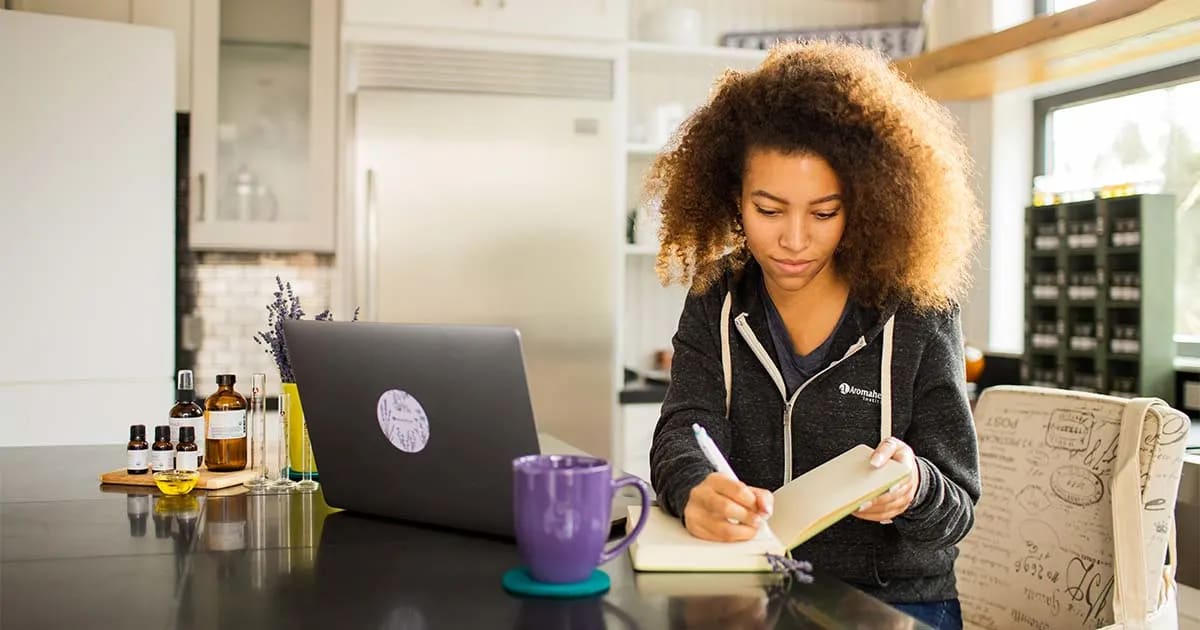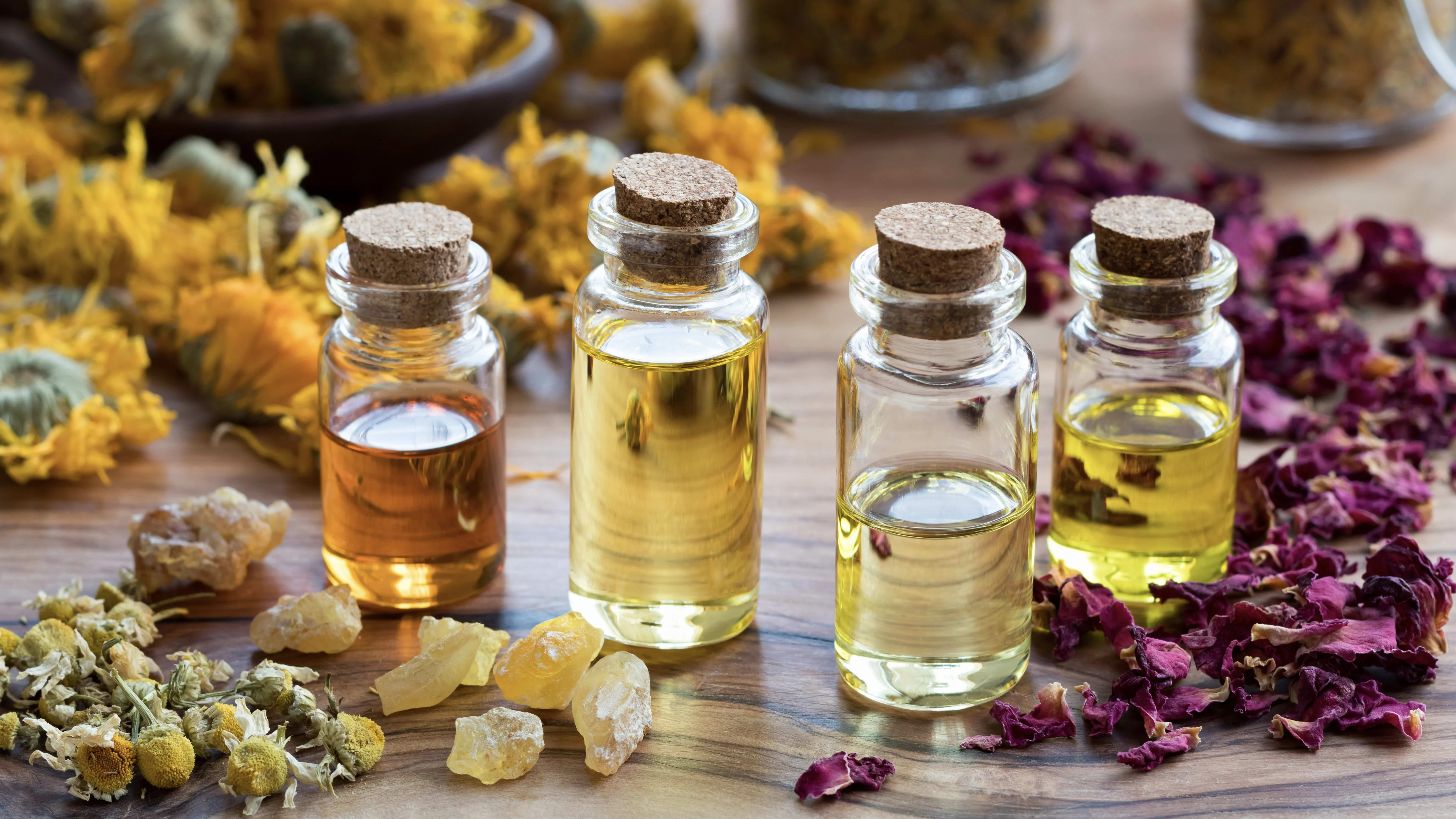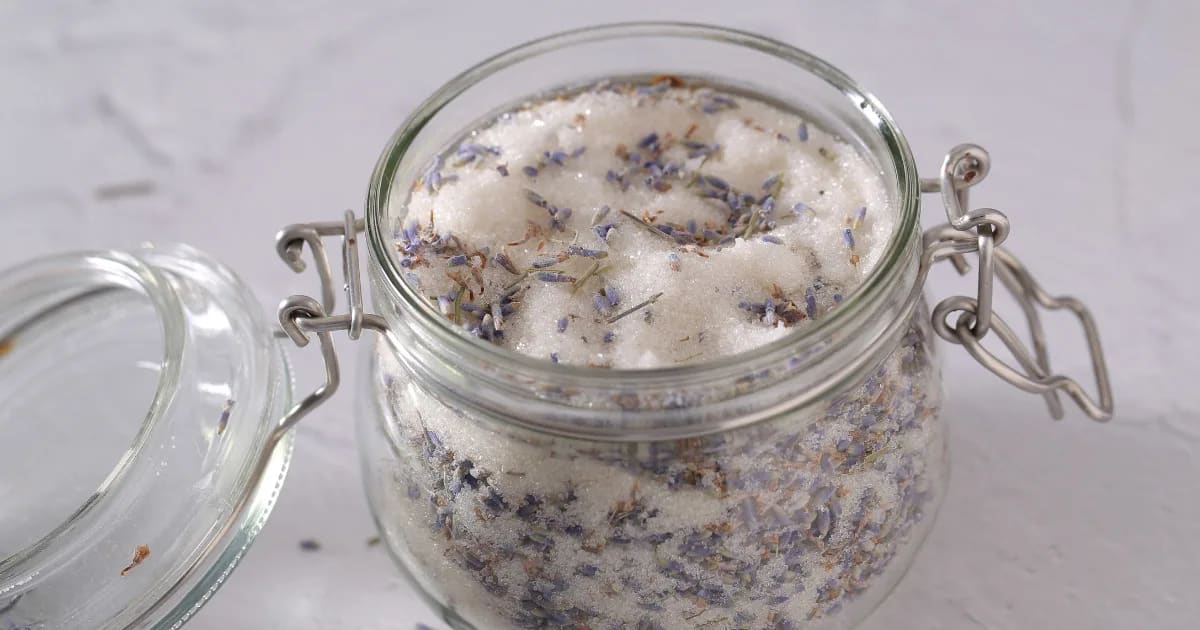5 Tips to Spot Essential Oil Misinformation

Finding accurate essential oil info is a challenge!
There was a time (which some of us remember all too clearly!) when it was tough to find essential oils for purchase—let alone information about how to use them!
These days, thanks to the internet and the surge of interest in natural health, there’s no end to the flow of content about aromatherapy. Every month, you can find new books, websites, businesses, social media pages, and more on the topic.
The problem is not all of that information is reliable.
Most content creators have good intentions. But they may not have the right education. They may not understand safety issues or even have a basic understanding about which oils to use for what purposes. And this is a real challenge.
Having reliable essential oil information is important.
It’s the only way to use essential oils effectively for yourself and those you love. Research-based information also helps you avoid safety issues with essential oils, so you’re not risking the health of those you’re blending for.
So how can you spot misinformation?
Here are 5 tips for getting to the bottom of misinformation, so you can identify trustworthy resources and make safer, more effective blends.
Tip #1: Research the author!
Take a look at who is sharing the information.
Is it a company, an individual, or a publisher? Do you think they’re a credible source?
Essential oil suppliers and other retail companies might share information to help them sell more oils. That’s what they’re in business for—but it doesn’t mean everything they share is accurate.
See if you can find out if anyone at the company (like the president or person who created the content) is a certified aromatherapist. How long have they been working with essential oils? Have they taken any classes? And if they’ve taken classes, who did they study with?
If they’re not certified or educated, they might just be repeating “info” about oils to make as many sales as possible.
If it’s an individual sharing the information, you can ask the same questions. Are they a certified aromatherapist? Are they educated about essential oils? If you can’t find any credentials or information about their background in aromatherapy, they might not have any education to back up their claims.
Tip #2: Check their sources
Now that you’ve identified the author of the information, check their sources!
Seeing that someone has an aromatherapy certification is a great start. Check the school they received it from. Is the school approved by leading organizations in the industry? A few examples are:
NAHA – National Association for Holistic Aromatherapy
AIA – Alliance of International Aromatherapists
IFPA – International Federation of Professional Aromatherapists
You can also look for research articles they’re relying on. While research on essential oils is still ongoing, there are plenty of credible studies, reviews, and papers about their effects. Ideally, articles that make claims about how essential oils work will include footnotes and links to studies that you can check out yourself.
Books and other websites are other resources that people might use. You’ll want to check the credibility of those authors, too!
Tip #3: Search for conflicting information
You just might find some! Here’s an example...
If you see a post claiming that lemon essential oil stops acne, first check the author of the post and see if you can find their sources.
Then do a quick online search.
It’s possible you’ll get two types of results: some that confirm the post you just read and some that debunk it.
Look for information about why lemon oil might calm acne (such as it helps get rid of bacteria), and see if you can confirm it with research studies.
Then look at the conflicting information. Are there any reasons you would not want to use lemon oil for acne? A good online search on “lemon essential oil safety” will tell you that lemon oil is phototoxic—it causes negative skin reactions in sunlight. (Learn more about phototoxic oils!)
In this example, you now understand why lemon might calm acne (it’s antibacterial), but you also know why it might not be the best oil to apply on your face (it’s phototoxic).
Tip #4: Take reviews and comments with a grain of salt
When you’re buying aromatherapy products or finding recipes online, comments and reviews can be a great resource!
Aromatherapists (especially retailers) are restricted in what they can say about essential oils. They can’t make medical or health-based claims. Reviews and comments can tell you how people are actually using oils and recipes, as well as the benefits they experienced.
But take these comments with a grain of salt!
Remember, most reviewers and commenters are not certified aromatherapists.
Anecdotes—stories about how the oils worked in a specific situation—are not evidence.
If a reviewer claims that an essential oil helped clear up a rash, it may actually have done so. But maybe the rash disappeared because the person used a different soap or laundry detergent. Or perhaps their immune system just finally caught up with the situation. When the body heals, there are a lot of factors to consider.
That said, anecdotes can give you some great insight into what’s possible with aromatherapy.
Tip #5: Give yourself an education!
The best way to spot misinformation a mile away is to get a solid essential oil education.
That way, you’ll understand the science, chemistry, and research behind essential oils for yourself. No more relying on questionable sources or spending hours going down online “rabbit holes” trying to verify or debunk information.
Education is the most reliable path to knowing what oils can and can’t do, which ones to use for different purposes, and how to avoid negative reactions.
If you’re ready for education, you have plenty of options!
Get started with our FREE Introduction to Essential Oils!
Become a fully certified aromatherapist! Learn about our Aromatherapy Certification Program.
Master the art of making luxury-quality, natural Body Butters & Lip Balms.
Learn to replace potentially toxic products with natural essential oil versions in Aromatherapy for Natural Living.
Avoid getting sick with Protect Your Family from Colds & Flu Using Essential Oils.
And that’s just a sample of our course catalog! Wherever you are in your aromatherapy journey, there’s something for you.
and find the right aromatherapy class for you.





